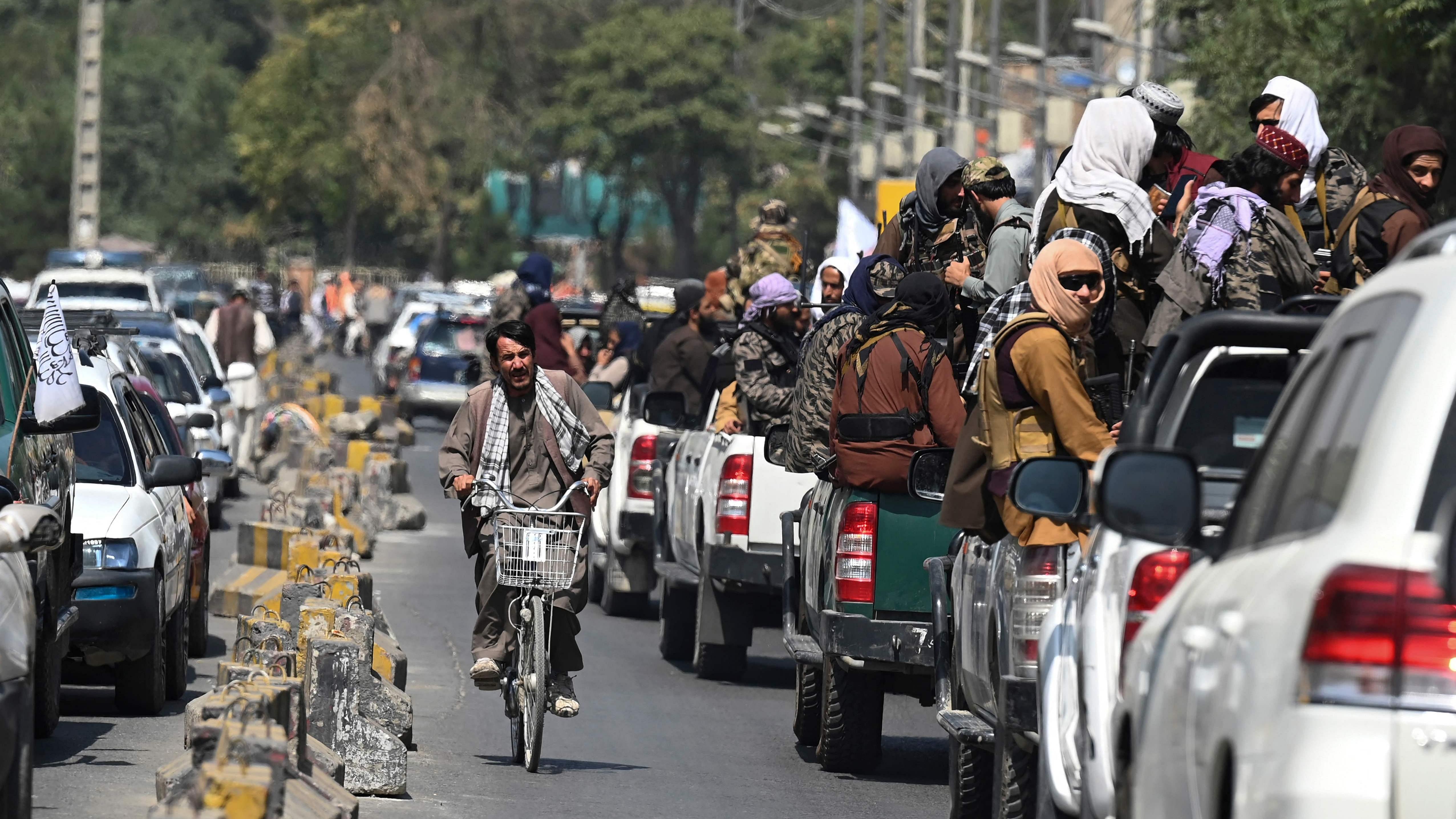
As an Islamic government once again takes charge in Kabul, the problem before it is not merely how to form an "inclusive government" but how to create an inclusive state. This can only be done by restructuring the Afghan polity. But are the Taliban up to the challenge?
Since the overthrow of the monarchy, every Afghan regime has been obsessed with replicating a unitary state, with Kabul reigning supreme over the regions. This is an unrealistic dream today after education, and social change has fired the political aspirations of Afghanistan's diverse ethnic groups (Uzbek, Tajik, Turkmen, Bloch, Aimaq, Nuristanis, etc.), and religious minorities (Hazara and Qizilbash Tajiks Shias in the main but also Ismailis, Bahais and those of Indic religions).
The mindset of the dominant Pashtun community, which sees itself as the natural ruler of Afghanistan, will, however, be a major hurdle in any restructuring of the Afghan state. Kabul has traditionally been ruled by a Pushtun leader. Even the US chose Pushtuns - Hamid Karzai and Ashraf Ghani - as presidents. The US sponsored a Pashtun candidate despite allegations that the presidential elections had been repeatedly fixed and results manipulated.
The Taliban are predominantly Pashtun and subscribe to the idea of a unitary state headed by an unelected supreme leader. Like their predecessors in Kabul, they refuse to acknowledge that ethnic divides in Afghanistan have historically proved to be stronger than the bonds of Islam. However, they are being nudged in the direction of greater inclusivity by Pakistan, their puppet master. This would mean that, unlike the last time they were in power, they could accommodate the ethnic minorities.
"Warlords" in Afghanistan represent the ethnic elite in the provinces where they are in the majority. Aware of Pakistan's clout, a delegation of Afghan ethnic leaders made a beeline to Islamabad to plead for power-sharing. Among their number were the two brothers of the late Ahmad Shah Massoud – Ahmad Wali Massoud and Ahmad Zia Massoud (Tajiks from Panjshir), Mohammad Yunus Qanooni (former vice president and a Tajik from Panjshir), Salahuddin Rabbani (former minister and son of former president Late Burhanuddin Rabbani, a Tajik from Badakshan), Abdul Latif Pedram (a Tajik from Badakshan), Khalid Noor (son of former Balkh Governor Atta Mohammad Noor, a Tajik from Balkh), Haji Mohammad Mohaqiq (former vice president and a Hajara from Balkh) and Mohammad Karim Khalili (former vice president and a Hajara from Wardak).
These leaders are remnants of the erstwhile Northern Alliance (or descendants of those who led it). They seek accommodation in power with the Taliban regime. Indeed, Wali Massoud pragmatically announced that his nephew and son of the late Ahmad Shah Massoud would accept a "good" government if it were formed in Kabul. He thereby tried to reject the claims of the Panjshir resistance group led by former vice president Amrullah Saleh who has claimed to be Acting President of Afghanistan after President Ashraf Ghani fled. There are reports that Uzbek leader "General" Abdul Rashid Dostum has also sought dialogue with the Taliban.
Whether the Taliban will accommodate such traditional ethnic elites to gain international legitimacy remains to be seen. But it is unlikely that the Afghan ethnic divide will be bridged by only forming short-term power-sharing arrangements with new or old leaders who have been a part of the US-sponsored regimes. The minorities will remain restive and fearful of the Taliban and their policy of Islamicisation unless they get a share in state power – both as an ethnicity as well as regions that they have historically inhabited (e.g. Hazaras in Hazarajat, Uzbeks in Balkh, Tajiks in Panjshir, etc.). The previous stint of Taliban led regime from September 1996 to October 2001 did not accommodate their aspirations.
Will the Taliban be more open to federalism through sharing power with the ethnicities/regions this time around in the interests of stability? Despite a medieval mindset, there is nothing in Islam that prevents fashioning a federal state. Next door Pakistan is both Islamic as well as a federal state.
Some Afghan political intellectuals have propounded a federal polity as the solution for Afghanistan. Hussain Yasa, a political activist and Hazara public intellectual, argues that the idea is "more natural" as "the major communities have their geography with their culture and historical backgrounds within their natural boundaries" and that they had inhabited these regions "for centuries even before Afghanistan came into being." He admits that "there are pockets of mixed population in each and every part of Afghanistan, but still that is not a substantial barrier against this idea."
However, there have been no takers for a federal polity even among the non-Taliban regimes. Power-sharing has never permeated the ethnic population. Without fundamental restructuring of the political system, the present Taliban regime will rule over an unstable country - not based on consent. And governance based on fear is always fragile.
(The writer is a Delhi-based journalist)
Disclaimer: The views expressed above are the author's own. They do not necessarily reflect the views of DH.